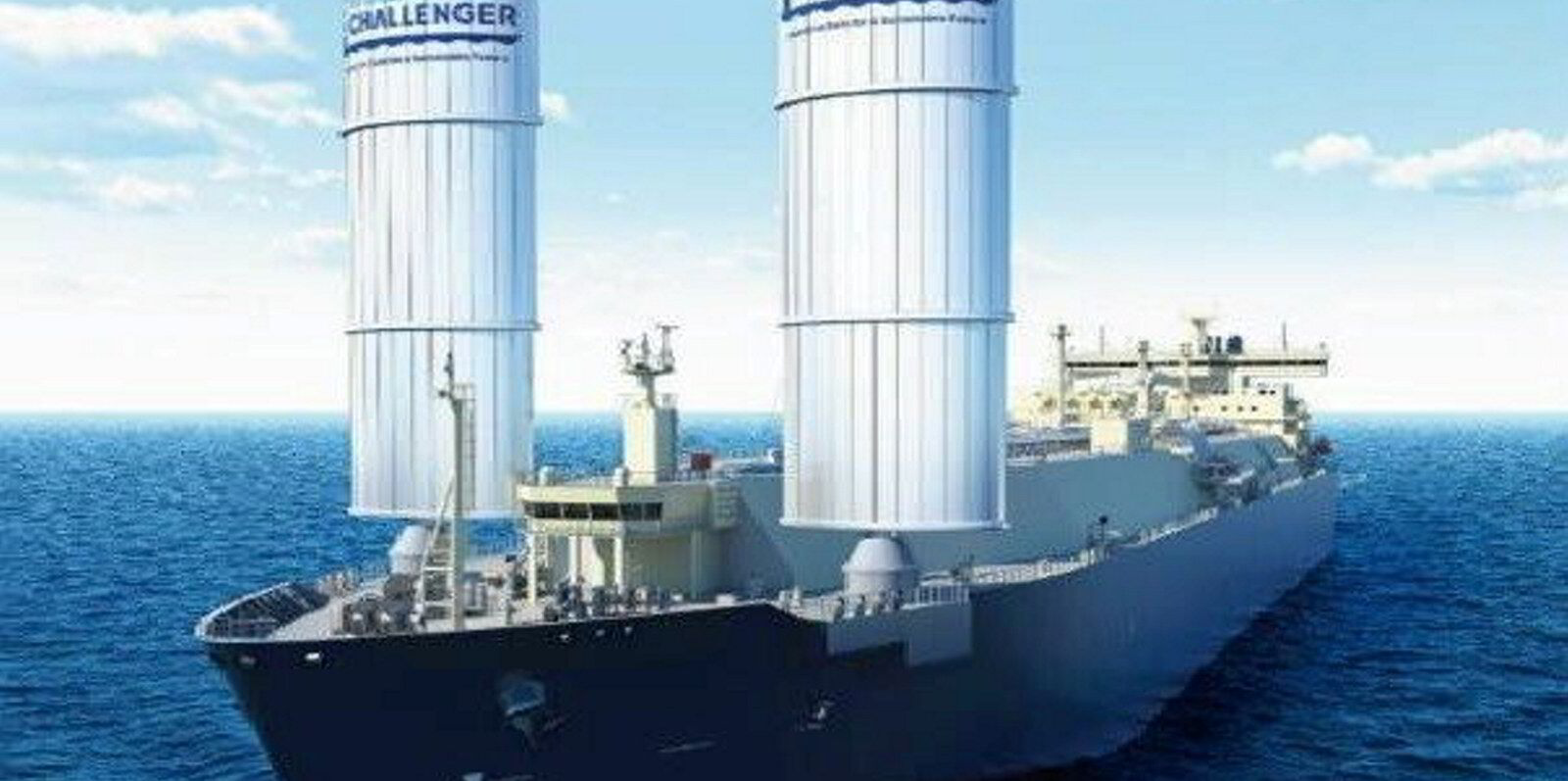US-based Chevron Shipping is taking another measure to reduce the emissions on its six-owned LNG carriers by pairing up with technology group Wartsila on engine conversions.
Wartsila said it plans to convert one engine on each of the LNG carriers from dual fuel to spark gas operation, a move the company claims is a “marine industry first”.
The company said that using spark ignition versus diesel pilot fuel to initiate combustion gives a more optimised combustion process, thereby reducing the methane slip — small volumes not fully combusted when burned that then escape into the atmosphere — and improving efficiency.
The conversions are intended to reduce greenhouse gas emissions in support of Chevron Shipping’s broader efforts to reduce the carbon intensity of its operations.
They are the result of two years of collaboration between the companies, with the order for the first two vessels being booked with Wartsila this quarter.
This is Chevron Shipping’s second announcement on emission-saving measures for its tri-fuel diesel-electric, 160,000-cbm LNG carriers built between 2014 and 2017.
In 2023, the company announced retrofit upgrades for the ships. A week ago, the energy major’s shipping arm said it planned to fit two wind sails on an LNG carrier newbuilding it is taking on a long-term charter from Mitsui OSK Lines.
Speaking about the engine retrofits with Wartsila, Chevron Shipping president Barbara Pickering said: “Chevron Shipping aims to reduce the methane emissions intensity of our LNG fleet in support of a lower carbon future.
“This demonstrates steps we are taking to reduce the carbon intensity of marine transportation.”
Wartsila executive vice president Roger Holm, who is also president of Wartsila Marine, said: “This innovative project represents a notable step forward on the road to advancing lower-carbon fleets.”
Holm added: “Wartsila has an extensive track record in reducing methane slip from LNG-fuelled engines, not only as newbuild solutions but also through retrofitting existing installations.”






